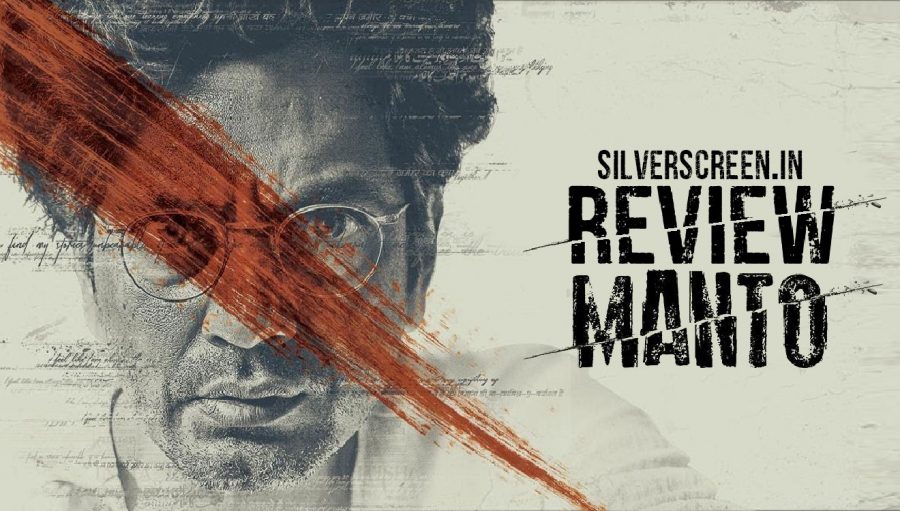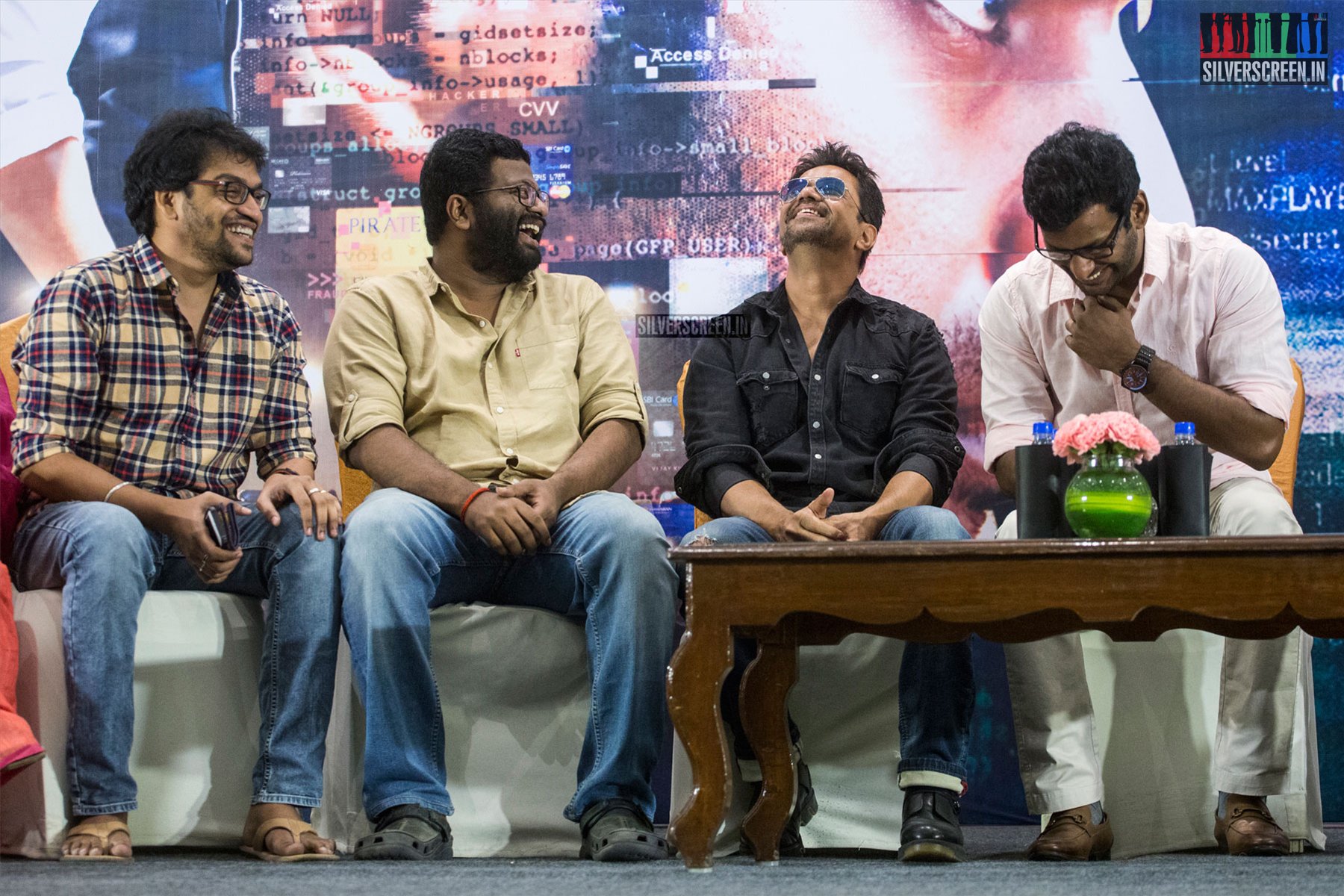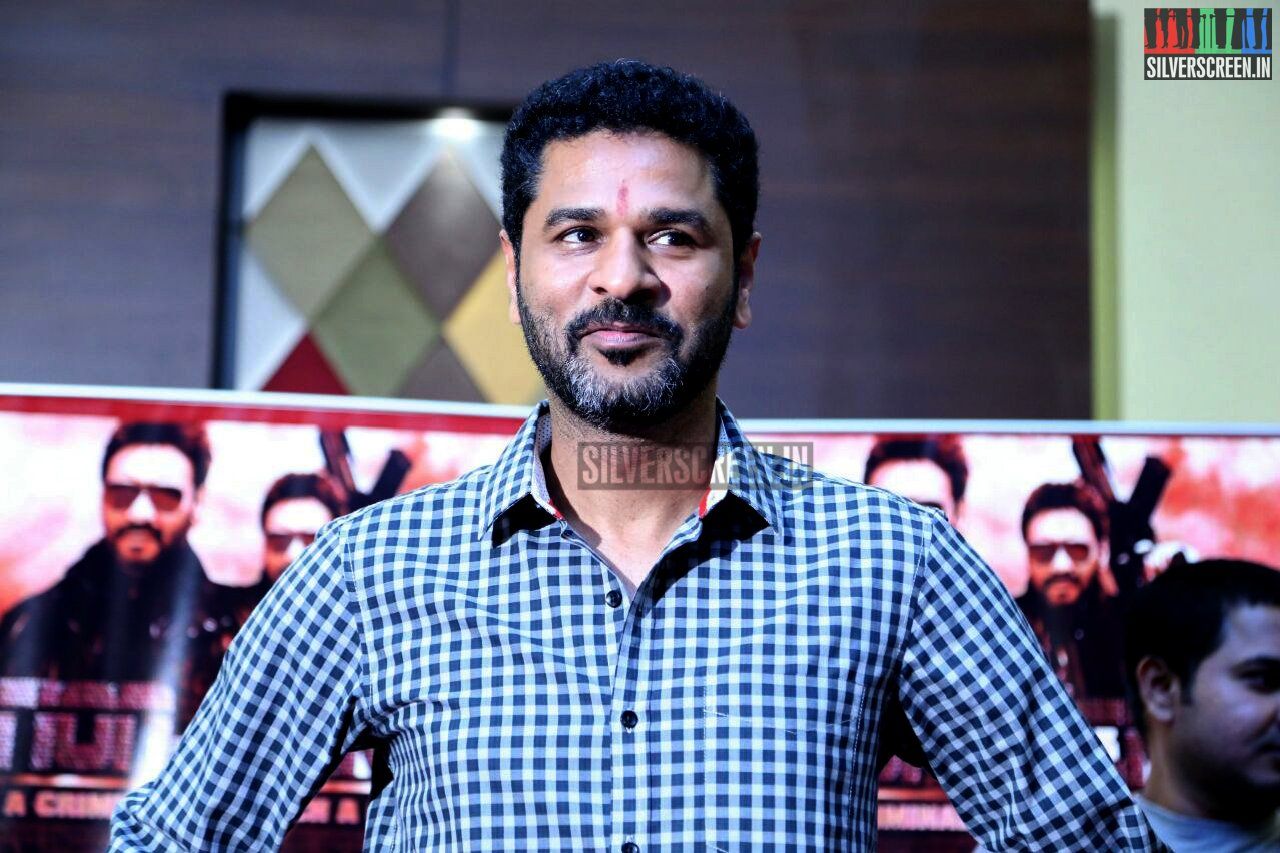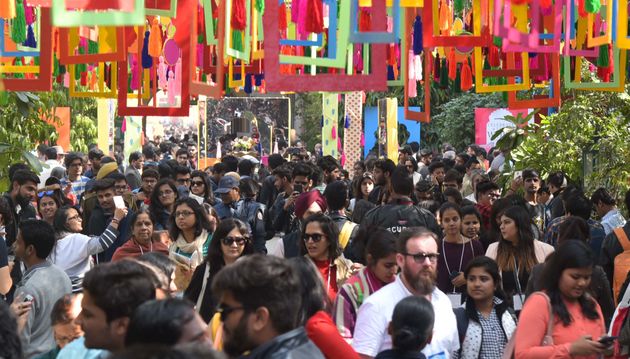Cast: Nawazuddin Siddiqui, Rasika Dugal, Tahir Raj Bhasin, Rajshri Deshpande
Director: Nandita Das
In a recent anthology of Saadat Hasan Manto’s short stories (My Name is Radha) translated by Muhammad Umar Memon, there is an editorial by Manto titled “I Too Have Something to Say”. It’s almost a lamentation of a man tired of his current position, state of his condition after a life lived fighting obscenity cases and questions about the validity of his literature. They have always accompanied Manto and his stories, but this essay paints a portrait of a man fatigued beyond recognition. He talks about how painful it would be if he were to die suddenly leaving his wife and children alone. There is another interesting nugget in it. The man’s ego was as big as the writer in him. He fears that his work would find a place in libraries and radio after his time, not when he would have liked them to, during times of penury and is apprehensive of the restlessness that would gnaw his bones in the grave. But here we are, more than 70 years after Independence, talking about Manto and the film by Nandita Das, his powerful stories written with an ironic lightness and the relevance of his thoughts and values. What machinations are his bones undergoing in the grave?
This and several other episodes find their place in the Nandita Das-directed Manto that is more polemic than biopic. It features a very small but significant period in Manto’s life, falling on either side of Independence and Partition, but Das uses this period to get to the foundations of Manto’s mind that were fully formed long before the British left India. The usual pitfall with Manto is relegating him as a writer of the Partition era and Das avoids it. Though she features three of his stories that deal with Partition, she focuses on his ideology, his problems with the Progressive Writers’ Movement of the time and the reasons why his subjects exist the way they do. In the aforementioned essay, Manto writes “Politics has its own place. It’s not fair to use literature to get to it. Likewise, it is wrong to use the labyrinthine by-lanes of politics to arrive at a literature worthy of its name.”
In the film, during a conversation with the likes of Ismat Chughtai (Rajshri Deshpande), someone asks him why he doesn’t write about the struggles of the nation under the British and why does he always go on about the prostitutes and pimps. Nawazuddin Siddiqui’s Manto comes up with a reply that is a riff on the line quoted and how if his literature is unbearable to the masses and Progressives, then the larger world isn’t any different. These are questions that prick all of us even today on what appropriate representation is and where in the spectrum does the gaze in front of every canvas fall upon.
Das sprinkles her film with some of the writer’s most famous stories and the way they are weaved in to the larger narrative is delightfully cinematic. The film opens with an adaptation of ‘Dus Rupaya’ and at one point, a matchstick illuminates the beginning of another, with a nod to how stories and characters take shape in Manto’s head: A prostitute calls on Manto from her balcony as he is walking the streets of Bombay, the way Sultana calls on Shankar in ‘Kali Shalwar’. Manto’s love and longing for Bombay is woven in with a range of emotions – the 1946 portions of Bombay are bathed in daylight and happiness, adult conversations in the cafe and a portentous fever of Independence. The portions after Partition take a darker shade, nocturnal loneliness, bulbs and lanterns, alcoholic haze and penury. It reaches a crescendo when the police search Manto’s house and all he hears is a song – ‘Nagri Nagri’ by his friend, actor Shyam Chadda (Tahir Raj Bhasin), that is at once playful and melancholic – that shuts him away from everyone and everything around him, including his wife Safia (the perennially underused Rasika Dugal). These are some of the best portions of Manto when Das manages to wade through the darkness of Manto’s stories and shines a spotlight inside his head.
Recommended
During Saadat Hasan Manto’s time, Sivaji Ganesan made his debut in the film Parasakthi (1952), with its most famous scene involving his character Gunasekaran delivering a speech in the court. We see Manto standing up to the court several times in the film and one common thread between Gunasekaran’s words and Manto’s is that how much they rankle and prod even today. In a scene, the writer remarks how religion reaches the head from the heart and makes some people excavate the Mughal era in search of some hatred to latch on to. The example seems even more significant today. And Nawazuddin Siddiqui delivers these words with the sort of credibility and integrity that one wonders if even Manto possessed. It’s probably difficult to ascertain the exact character and physical traits of Manto but what Siddiqui comes up with here is remarkable – the way he lights a cigarette or takes a sip of his whiskey, his walks that are really sprints through the night after delivering a strong speech or his slow descent into grief and anguish when he passes a refugee camp or his sparkling wit and the chuckle that accompanies right after. It’s all so consistent and never labored. Das isn’t one to shy away from showing the man’s disregard for humility and displaces some of his lines to his lips – like when he looks at a grave and quips here lies Saadat Hasan Manto, wondering if he had attained the zenith and tested the limits of short story writing. When they come out of Nawazuddin Siddiqui, they gain a hitherto unrealized gravitas.
*****
The Manto review is a Silverscreen original article. It was not paid for or commissioned by anyone associated with the movie. Silverscreen.in and its writers do not have any commercial relationship with movies that are reviewed on the site.



